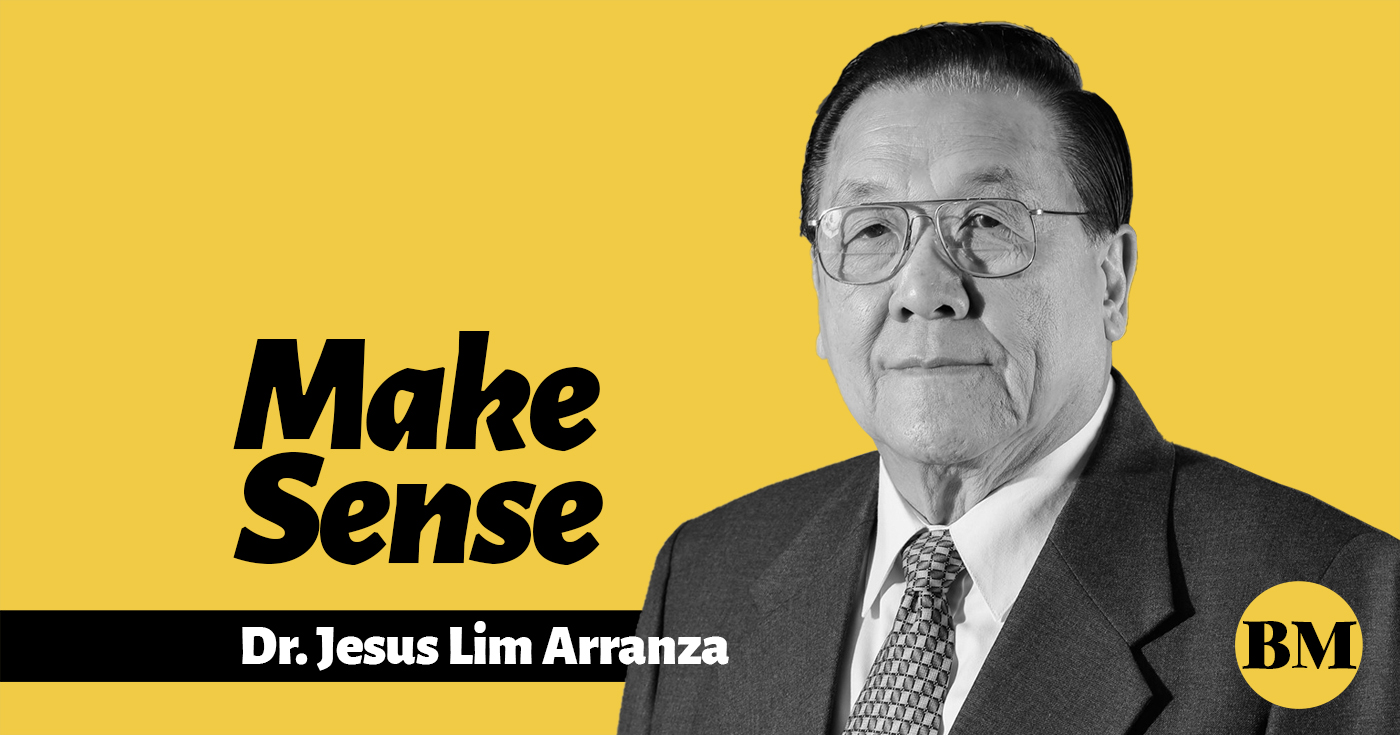
Recently, the shooting down of a Russian warplane by Turkey added another dimension to the discussions. The Asia-Pacific Economic Cooperation (Apec) touched on this very important topic on the sidelines as the latter was really focused on its principal thrust of economic integration and further trade liberalization, but during the Association of Southeast Asian Countries (Asean) summit a few days after, global and national security issues got the spotlight. Obviously, and realistically speaking, no amount of economic gain can be felt by the citizenry so long as lives are offered in the altar of terror, or when a nation cowers in fright when a nearby neighbor flaunts its military might to protect its alleged territory and appurtenant resources.
Early beginnings and expansion
The ISIS, having its early roots from al-Qaeda, has enlarged its role from a minor faction to that of broad coalition of fighters with superior military mastery and zealous ideological convictions. It now petrifies big areas in Syria and Iraq, and has used social media and technology to display cold-blooded tortures and executions of prisoners. Hugging the headlines appears to be a source of tremendous pride for this group and it will do anything to prove its point to its intended audience. In 2014 intelligence reports from the US show that ISIS has about 30,000 to 40,000 fighters and the number is multiplying. More recruits are coming from Europe and the other disenfranchised sectors in some Middle East countries. Even the US and the Asia Pacific have contributed to this growing number.
The shocking and painful truth posed by the show of strength of ISIS is that militant movements and extremists may not be limiting themselves to just the powerful or rich nations. They have the capability, financial means and the political will to make it happen in any part of the world. One concrete example is the beheading of Bernard Ted Fen, who has been kidnapped in Sabah but allegedly killed in Sulu early this week by the Abu Sayyaf Group (ASG), known to be a supporter of ISIS. There are reliable reports that Malaysian militants are proliferating in Mindanao and are organizing a faction of ISIS in Southeast Asia by integrating the ASG and Jema’ah Islamiah groups. Clearly, the Asia-Pacific region is a very attractive area to wage terrorist attacks of this sort, and the Philippines is one of those jurisdictions that is getting so much attention, aside from Indonesia and Malaysia.
Deeper causes
Terrorism does not exist in a vacuum, independent from other circumstances that enabled it to flourish. Terrorism is not a sole by-product of political ideology or religious belief. It is also caused by other factors, foremost of which is poverty—poverty, which transitions to social dislocation, then alienation from the rest of society and subsequently, the taking of arms against structures of power and governance. Some security or social analysts opine that there is no significant connection between poverty and the rise of terrorism. They posit that terrorism is a result of years of “political persecution,” or isolation of dissonant voices in a world so slow in grappling with issues of diversity in ideas, beliefs and way of life. Others believe that terrorism is a manifestation of the great divide between the rich western bloc and the poor, powerless and marginalized east.
Local response
Whatever differences there are in the evolution of this societal menace, one thing is clear. There must be a clear strategy and forceful tactical direction on how to address this concern. President Aquino has spoken on the urgent need to defeat terrorism when he recently gave orders to vigorously step up the nation’s police and military anti-terror operations against ISIS, the ASG and all similar groups in Mindanao and other environs. He communicated total solidarity with those countries that were mercilessly targeted by ISIS and other criminal elements.
These bold statements should be backed by a coherent security and enforcement plan, well coordinated with efforts of other antiterrorist government agencies in other nations of the world, and aligned with international organizations that have taken this issue to task.
George W. Bush said that “We do not create terrorism by fighting the terrorists. We invite terrorism by ignoring them.” This time, I have to agree.
For comments and suggestions, send to: arielnepo.businessmirror@gmail.com.



























